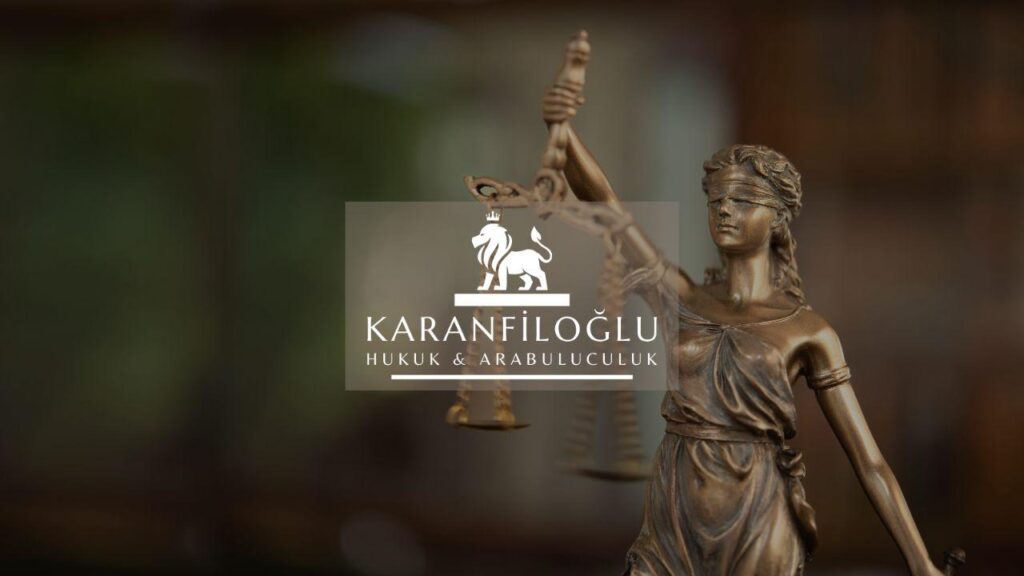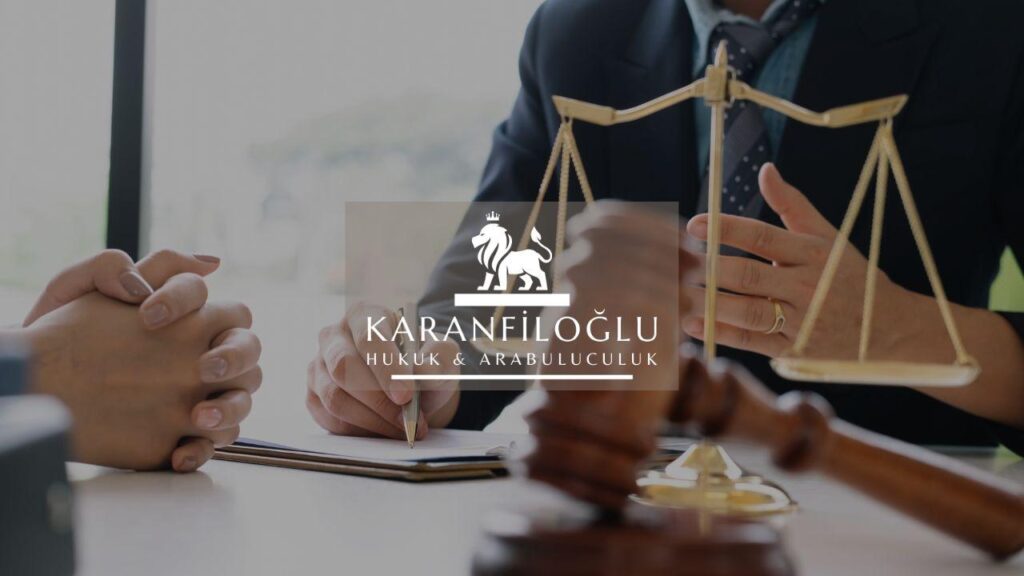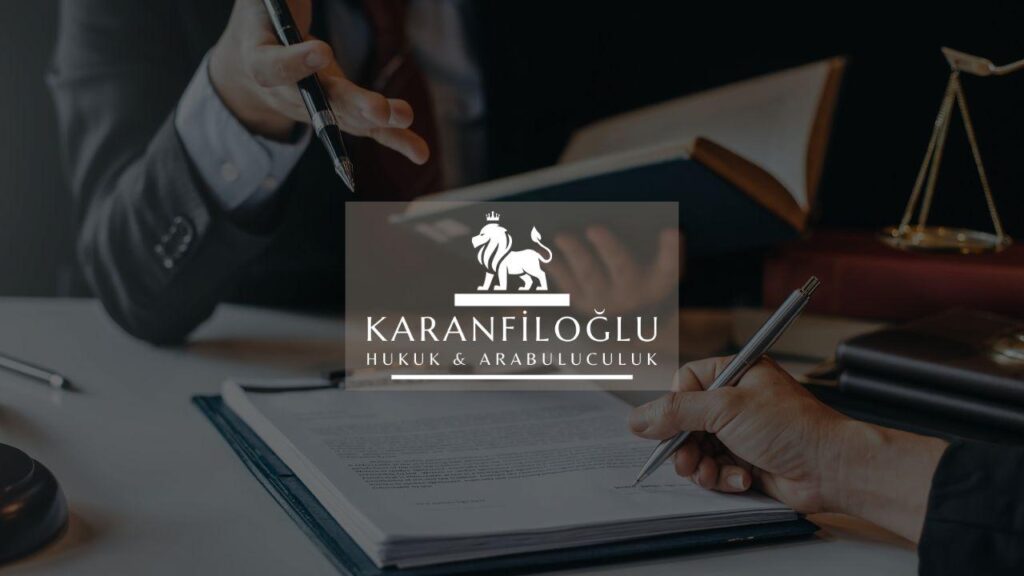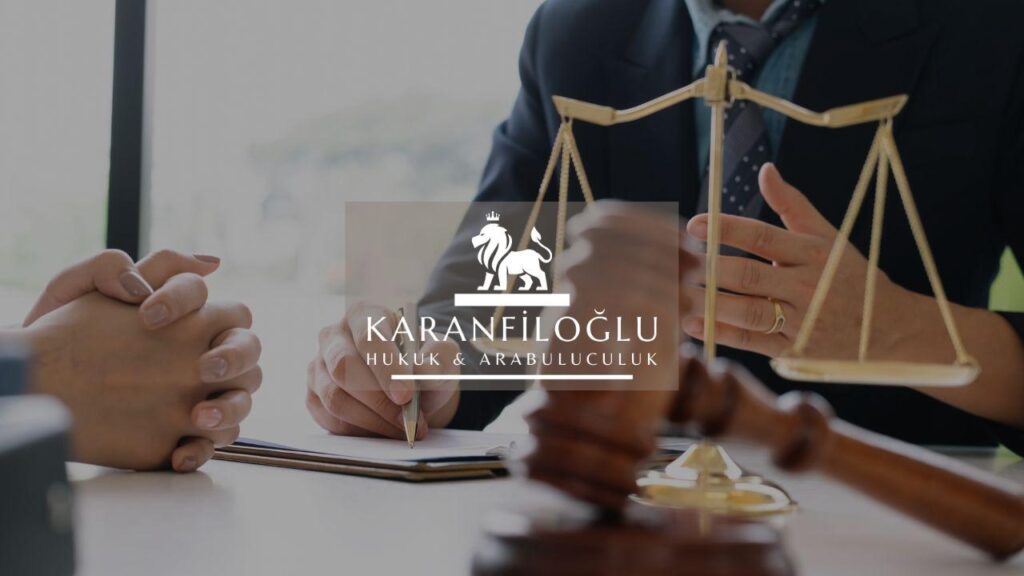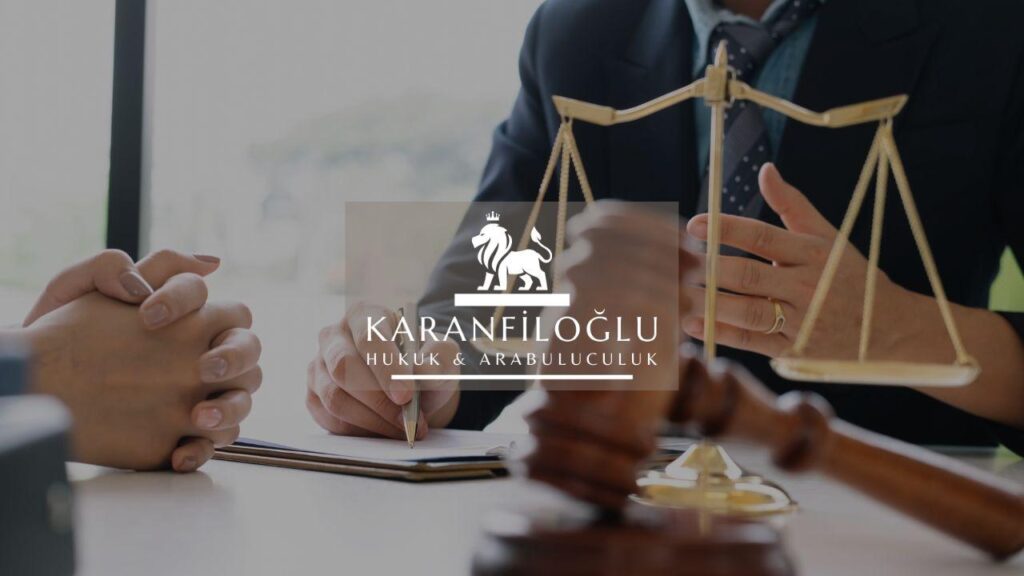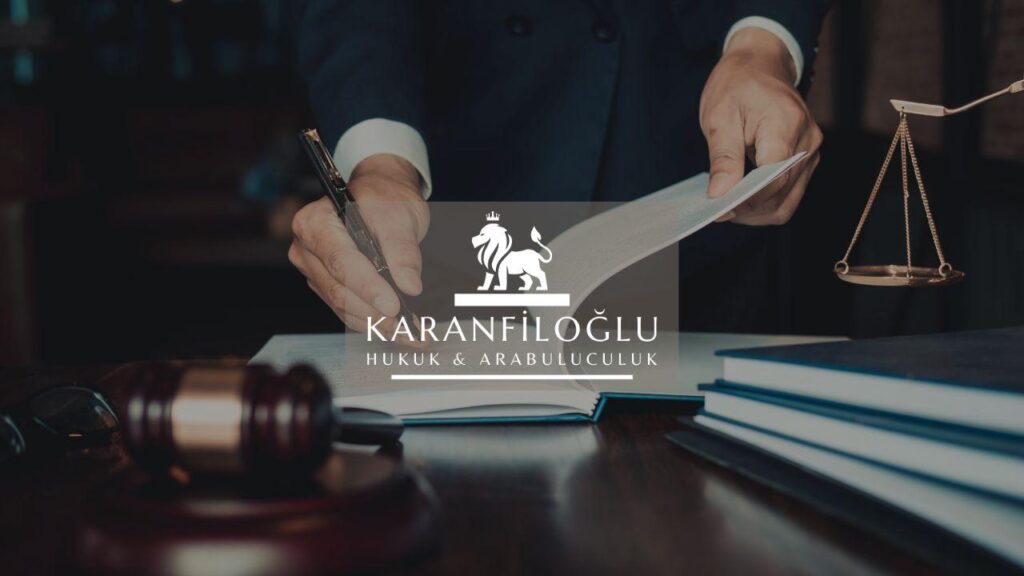Labor disputes are an inevitable aspect of the employer-employee relationship, often arising from issues such as wrongful termination, unpaid wages, or breach of contract. Navigating the complexities of labor law in Turkey requires not only a thorough understanding of legal statutes but also a strategic approach towards resolution. At Karanfiloglu Law Office, we specialize in offering comprehensive legal services tailored to address a wide range of labor disputes. Our seasoned attorneys are adept at both preventive measures and dispute resolution, providing you with effective legal solutions that safeguard your rights and interests. From mediation and arbitration to litigation, our expertise ensures that you receive the best possible outcome. In this blog post, we will explore the legal procedures and potential solutions for labor disputes in Turkey, helping you understand your options and the steps involved in resolving these issues.
Understanding the Labor Courts: Jurisdiction and Competence
In Turkey, labor courts hold exclusive jurisdiction over disputes arising from employer-employee relationships, ensuring that specialized judges address these specific issues. Established under the Turkish Labor Courts Law, these courts are competent to handle cases such as wrongful termination, claims for unpaid wages, workplace harassment, and severance benefits. The procedural rules are designed to facilitate a swift resolution of disputes, with a strong emphasis on reconciling the parties involved before proceeding to a formal trial. Plaintiffs typically initiate litigation with a written petition, and labor courts hold authority to enforce legal remedies, including compensation and reinstatement orders. By understanding the jurisdiction and competence of labor courts, employees and employers can better navigate the intricacies of labor law, ensuring that their disputes are managed by a judicial body well-versed in employment-related matters.
One notable feature of the Turkish labor court system is the mandatory mediation process, which aims to resolve disputes amicably before they reach the courtroom. Initiated by the Labor Courts Law in 2018, this requirement compels both parties to engage in mediation as a first step. During mediation, a neutral third party facilitates discussions between the employer and employee to achieve a fair and voluntary settlement. If mediation fails, the dispute progresses to litigation. This process not only helps reduce court backlog but also offers a less adversarial means for dispute resolution, potentially preserving the employer-employee relationship. In cases where litigation becomes inevitable, labor courts are tasked with ensuring a thorough and expedited review of the claims, often prioritizing cases where employees face immediate financial hardship or unlawful employment practices.
Beyond mediation and litigation, labor disputes in Turkey may involve other procedural mechanisms, such as appeals and enforcement of judgments. If either party is dissatisfied with the labor court’s decision, they have the right to appeal to the regional appellate courts. This appellate review focuses on both legal and factual issues, offering an additional layer of scrutiny. An appeal needs to be lodged within eight days of the initial ruling, which underscores the importance of quick legal action in labor disputes. Additionally, enforcement of labor court decisions, especially those related to compensation or reinstatement, is handled through enforcement offices, ensuring that judicial orders are effectively implemented. At Karanfiloglu Law Office, our legal expertise encompasses the entire spectrum of these processes, providing steadfast support from initial mediation to final enforcement, guaranteeing that your rights are fully protected throughout your legal journey.
Key Steps in Filing a Labor Dispute Lawsuit
Filing a labor dispute lawsuit in Turkey involves several meticulous steps to ensure that your case is presented effectively. The initial step is to attempt an amicable resolution through mediation, which is a mandatory requirement under Turkish labor law. Should mediation fail, the next step is to prepare and file a lawsuit with the specialized Labor Courts. It’s essential to gather and present all relevant documentation, such as employment contracts, time sheets, and any written communication that supports your claims. The court filing must include a detailed explanation of the dispute, the legal basis for your claim, and the specific remedies you seek. Retaining a knowledgeable labor law attorney from Karanfiloglu Law Office can significantly enhance your chances of success by ensuring that all procedural requirements are meticulously followed and that your case is compellingly argued.
Once the lawsuit is filed, the Labor Court will review the case and schedule hearings where both parties can present their arguments and submit evidence. It is crucial for the plaintiff to demonstrate the validity of their claims through documentary evidence and, if applicable, witness testimonies. The defendant, typically the employer, will have the opportunity to refute the claims and provide counter-evidence. Throughout the litigation process, parties may also engage in further settlement discussions in an effort to resolve the dispute out of court. The importance of having a skilled attorney from Karanfiloglu Law Office cannot be overstated during these proceedings, as their expertise ensures that all arguments are clearly articulated and that procedural protocols are adhered to, significantly increasing the likelihood of a favorable outcome. Our attorneys are committed to guiding you through each stage of the litigation process, offering strategic advice and robust representation.
After the hearings and presentation of evidence, the Labor Court will issue a verdict based on the merits of the case and adherence to Turkish labor law statutes. Depending on the outcome, either party has the right to appeal the decision within the designated timeframe, typically within two weeks of the initial ruling. The appeal will be reviewed by a higher court, which will re-examine the documentation, evidence, and legal arguments previously submitted. Additionally, the higher court may request further evidence or clarification on specific points. Throughout this process, it is imperative to have proficient legal representation, such as the experts at Karanfiloglu Law Office, to navigate the complexities of the appeals process effectively. Our commitment to meticulously managing each phase of the lawsuit ensures that your case is presented compellingly from start to finish, offering you the best possible chance of achieving a just resolution.
Alternative Dispute Resolution Methods in Turkish Labor Law
Alternative Dispute Resolution (ADR) methods, such as mediation and arbitration, are increasingly favored in Turkey for resolving labor disputes efficiently and amicably. The Turkish labor law system promotes these methods as they help avoid the lengthy and costly processes associated with litigation. Mediation, in particular, has become a mandatory step before initiating a lawsuit for wrongful termination and other labor-related conflicts. In mediation, a neutral third-party mediator facilitates communication between the disputing parties to reach a mutually acceptable agreement. If mediation fails, arbitration may serve as a binding resolution mechanism, where an arbitrator reviews the case and renders a decision. At Karanfiloglu Law Office, we guide our clients through these ADR processes, emphasizing resolution strategies that preserve professional relationships while ensuring fair outcomes.
Mediation in Turkey is regulated by the Mediation in Civil Disputes Law and is particularly significant in labor disputes, offering a structured yet flexible framework for conflict resolution. The process typically begins with the appointment of a certified mediator from the Ministry of Justice’s official list. This mediator then arranges a session to understand each party’s position and identify common grounds. The session is confidential, and the mediator does not impose a solution but helps the parties themselves arrive at a consensus. Should mediation be successful, the agreed terms are documented and hold the same enforceability as any court judgment. This not only expedites the resolution process but also reduces litigation costs significantly. If the parties cannot reach an agreement, the mediator issues an official report, allowing the parties to then pursue traditional litigation while ensuring that all preliminary ADR steps have been duly considered.
Arbitration serves as another vital ADR mechanism for labor disputes in Turkey, particularly when mediation does not yield a resolution. Governed by the International Arbitration Law and the Turkish Code of Civil Procedure, arbitration provides a more formalized yet flexible forum than court proceedings. The parties agree to appoint an arbitrator who acts similarly to a judge, reviewing evidence and arguments before making a binding decision. This process is typically faster and more cost-effective than litigation. At Karanfiloglu Law Office, our legal experts assist clients throughout the arbitration process, from drafting arbitration agreements and selecting qualified arbitrators to representing our clients in the hearings. We ensure that proceedings adhere strictly to legal standards and advocate rigorously on your behalf, striving for an outcome that aligns with your interests and complies with Turkish labor law.
Disclaimer: This article is for general informational purposes only and you are strongly advised to consult a legal professional to evaluate your personal situation. No liability is accepted that may arise from the use of the information in this article.

